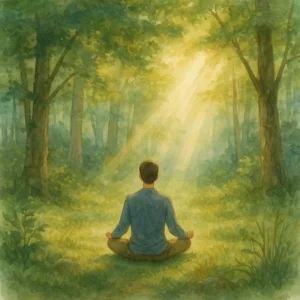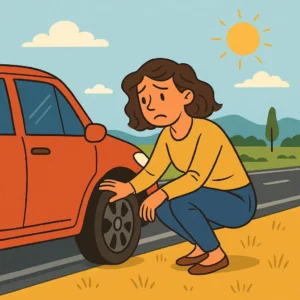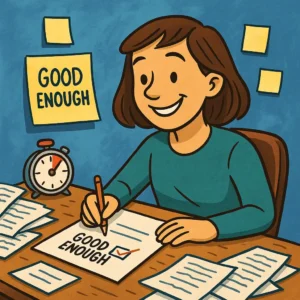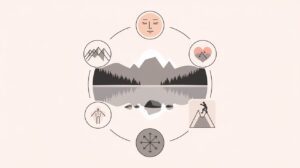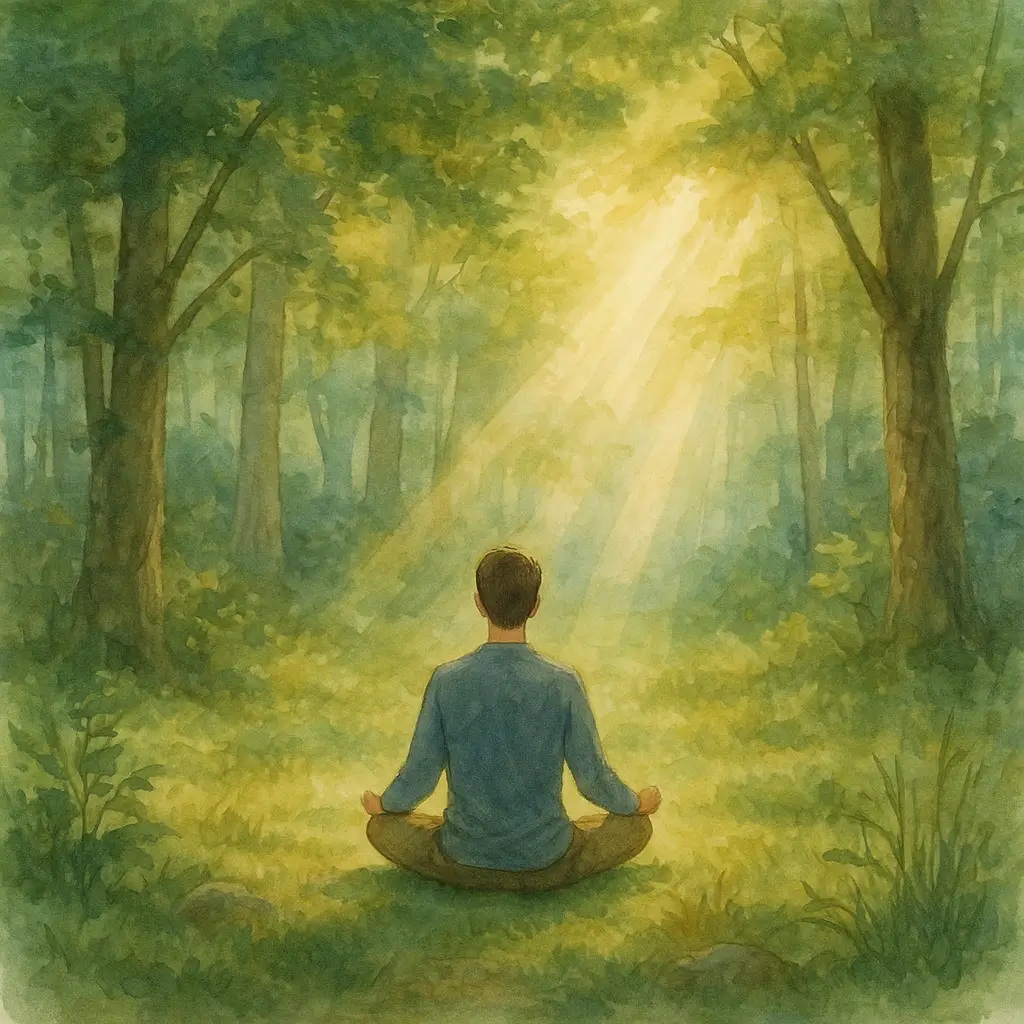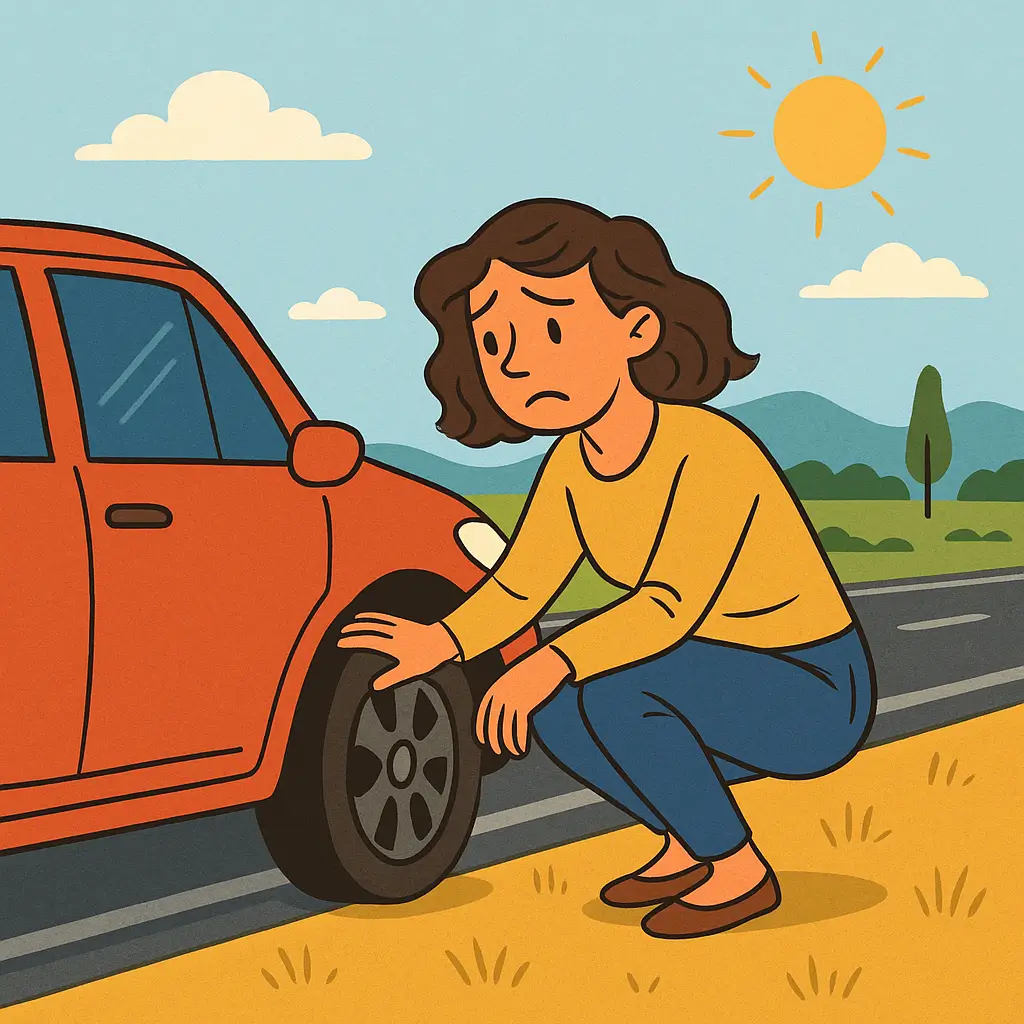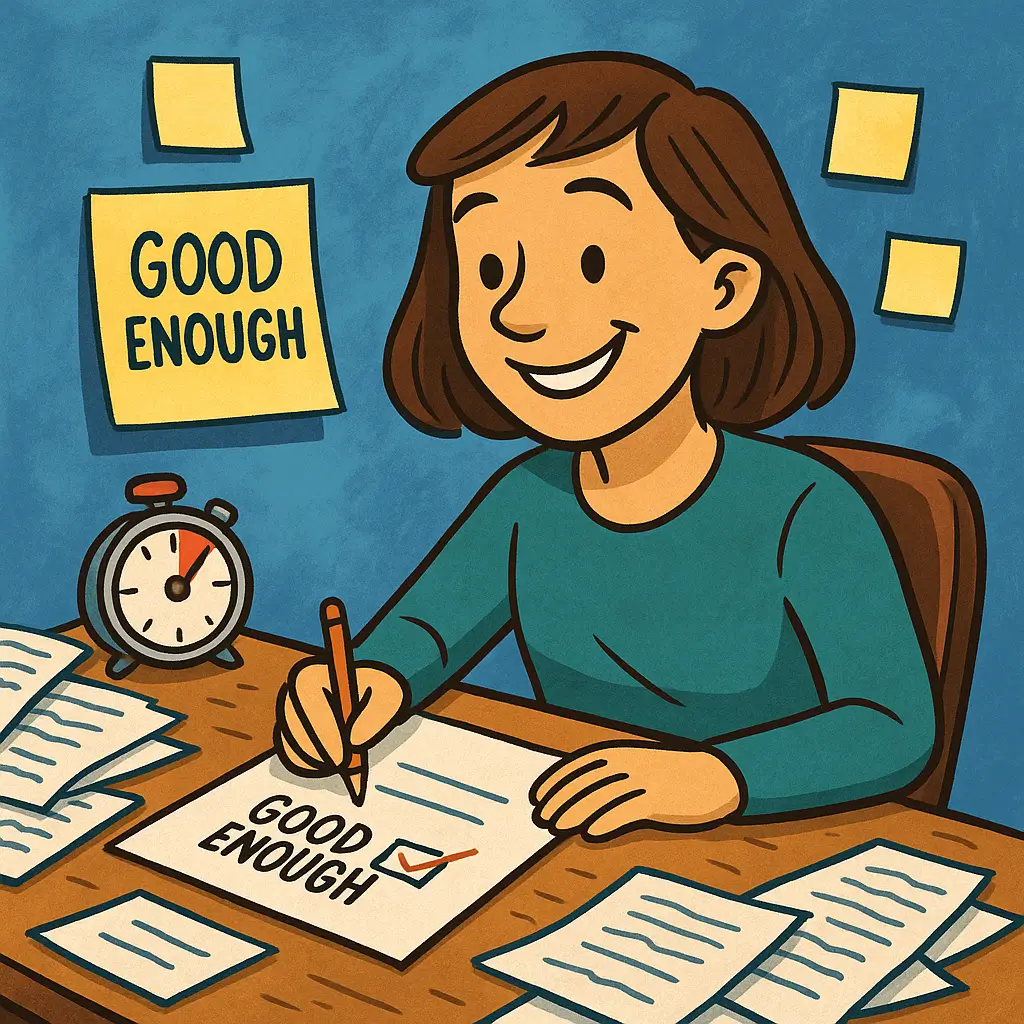Depression is a common mental health condition that can cause persistent sadness and a loss of interest in activities you once enjoyed. It affects how you think, feels and behave and can cause physical, cognitive and emotional symptoms.
Signs and Symptoms of Depression
Depression can cause both psychological and physical symptoms, including:
- Feelings of hopelessness and helplessness
- Loss of interest in activities you once enjoyed
- Sleep problems, such as insomnia or sleeping too much
- Anger or irritability
- Loss of appetite or overeating
- Anxiety, agitation, or restlessness
- Feelings of worthlessness or guilt
- Trouble concentrating or making decisions
- Fatigue or loss of energy
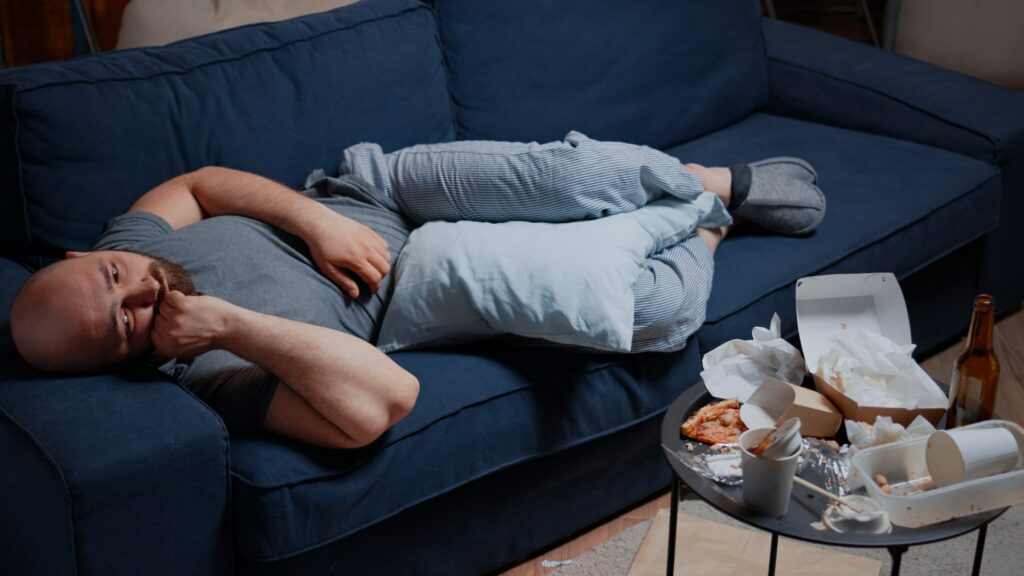
Causes of Depression
There is no single cause of depression. It can be caused by a combination of factors, such as:
- Genetic or biological risk factors, such as a family history of depression
- Certain medications or medical conditions
- Stress, such as the loss of a loved one, financial problems, or an unhealthy relationship
- Lack of social support or changes in meaningful relationships
- Substance abuse or alcohol misuse
Treatment Options
Treatment for depression can include medication, therapy, or a combination of both. Some treatments may include:
- Cognitive-behavioural therapy (CBT) – is a type of therapy that helps you identify and change negative thought patterns
- Antidepressants – medications that work to balance the chemicals in your brain that affect your mood.
- Exercise – can help reduce stress and improve your physical and emotional health.
- Stress management – learning how to better cope with stressful situations.
- Support groups – talking with others who understand and can provide support.
Depression is a serious condition, but treatments available can help. If you think you may be depressed, it is essential to talk to a doctor or mental health professional to get the help you need.



